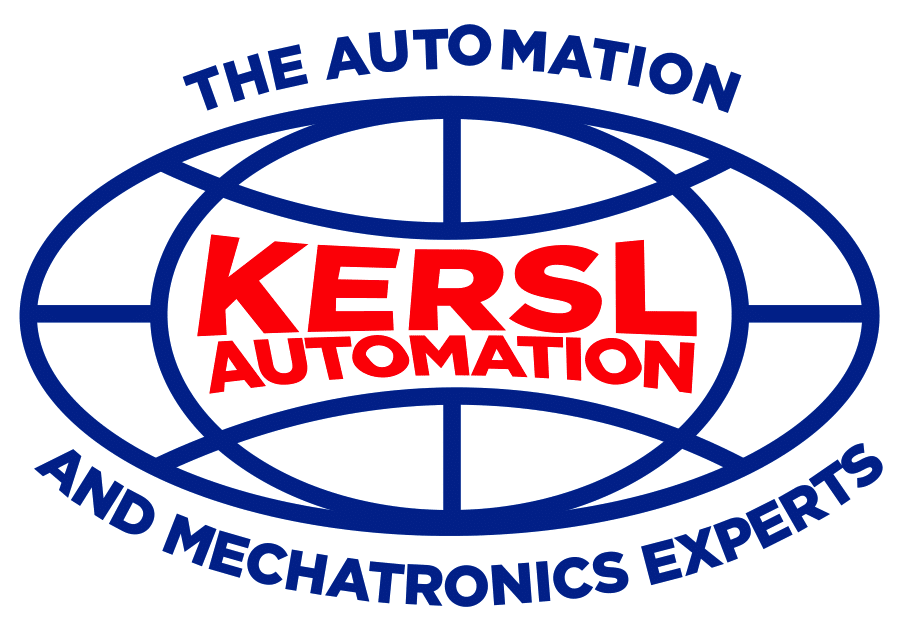DIPLOMA COURSE
At KERSL we run one diploma program which consists of all the certificate courses below but organized as a 3-semester diploma program. A student who successfully graduates from the program will obtain a diploma in “Industrial Automation and Mechatronics.”
The program, with entry qualification at the Senior Secondary School level or equivalent, will provide learners with the versatile background and practical skills required in today’s industrial or manufacturing environment. All students go through the same program and will be equipped with the critical skills required to operate, maintain, and troubleshoot an industrial facility. Students will be equipped not only with the necessary basic mechanical skills but also with the basic electrical and computer skills necessary to troubleshoot today’s sophisticated machines in manufacturing plants as well as program and troubleshoot programmable logic controllers (PLC), the workhorse of any modern-day industrial facility.
The diploma program includes basic mechatronics courses from the vocational level through the technician/technologist level. The term mechatronics encompasses a broad range of technical disciplines including mechanics, electronics, control systems, and computer systems. It is defined as the “multidisciplinary application of mechanics, electronics, control systems, and computer systems to optimize the performance of products or processes.”
Many industrial and/or manufacturing processes today involve a combination of these disciplines. Technicians that have a strong practical background in the requisite components of these disciplines have the best chance of functioning optimally and increasing productivity in industry. Other components of the diploma program include workplace safety, health, and supervisory skills, data acquisition and LabVIEW programming and renewable (solar) energy systems design and applications. Taken together, these courses are all designed to produce competent technologists that are able to even start their own businesses in the areas outlined above, including solar power installations. Therefore, in further pursuit of this goal, each student will undertake a practical project during the third semester of the programme. This project will be industry-driven. That is, KERSL will work with industry to develop projects desired by the industry itself. This collaboration with industry will result in a win-win situation for both the industry and the students. On the one hand, the industry will get the (newly designed or repaired) equipment it needs at a very low cost, while the student will acquire the much-needed experience.
Complete list of courses for the Industrial Skills, Automation and Mechatronics programme.
*Calculation of credit hours is based on the COTVET criterion that 1 credit hour is equivalent to 15 hours of instruction.
